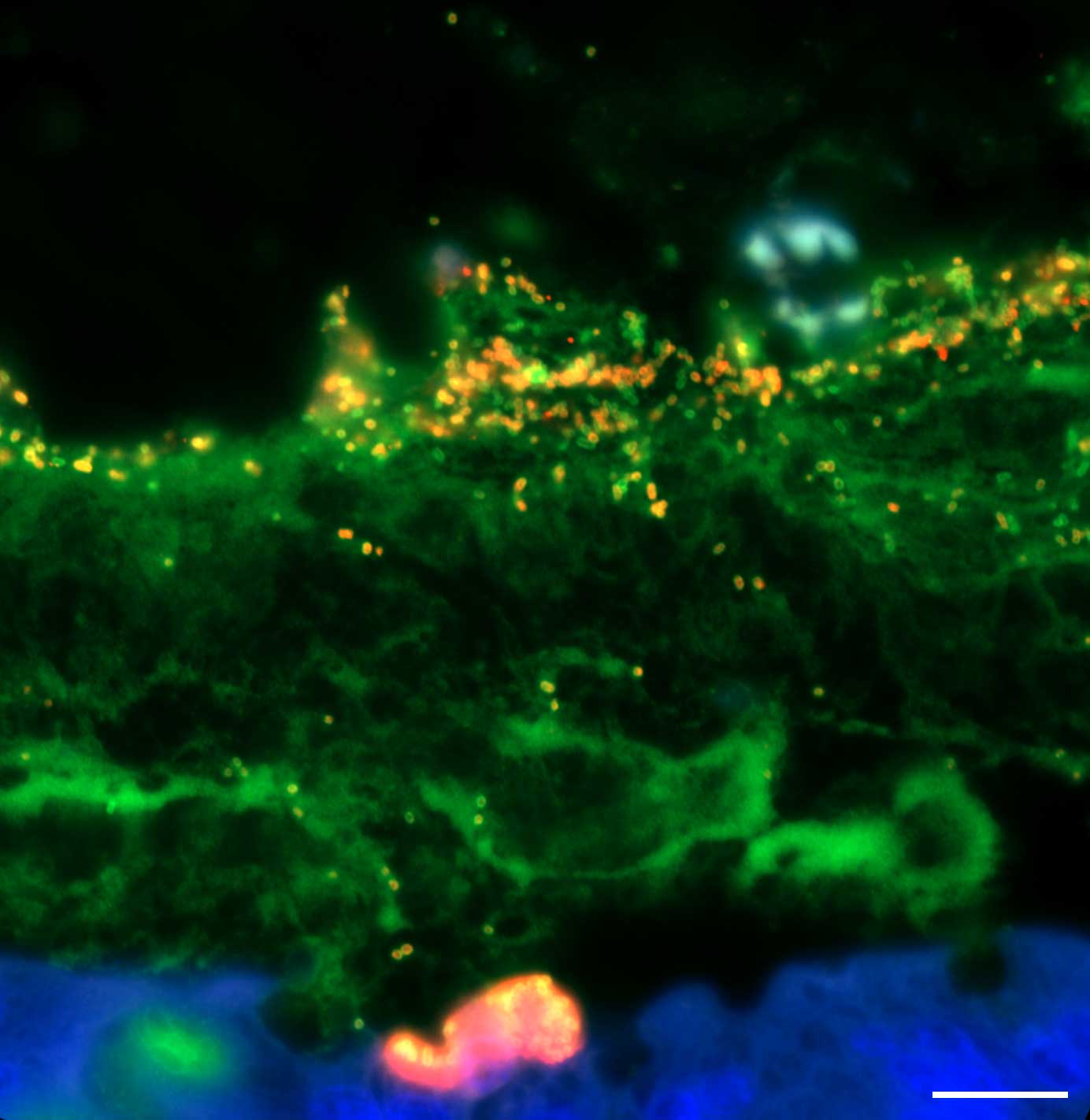
Serial home tests would reduce unnecessary colonoscopy testing. Patients with suspected inflammatory bowel disease (IBD) could benefit from better testing protocols that would reduce the need and lengthy wait for potentially unnecessary colonoscopies, a new study has found.
In a paper published in Frontline Gastroenterology, researchers from the Birmingham NIHR Biomedical Research Centre (BRC) at the University of Birmingham tested a new protocol to improve IBD diagnosis combining clinical history with multiple home stool tests.
In the two-year study involving 767 participants, patients were triaged and had repeated faecal calprotectin (FCP) tests and the research team found that the use of serial FCP tests were able to strongly predict possible IBD as well as Crohn’s Disease an...
Read More









Recent Comments